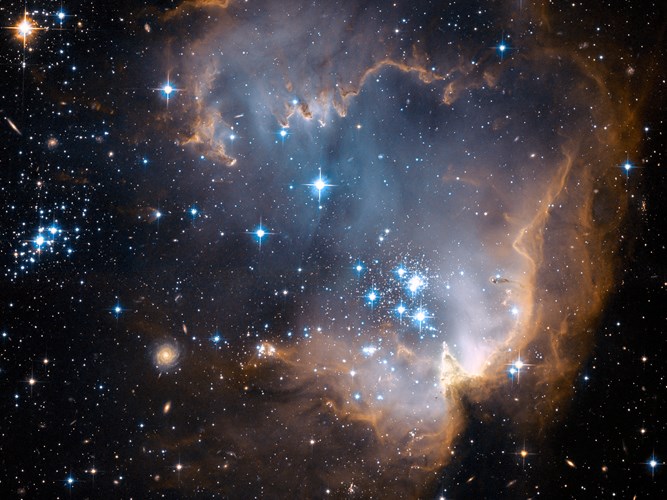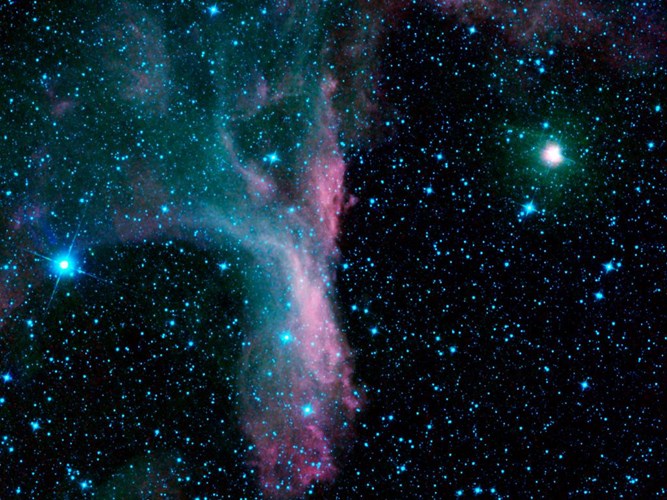PSR B1620-26b - What's the oldest planet on the top of the 'elders' in the universe?
In theory, our universe was formed about 13.8 billion years ago but the planet PSR B1620-26b is known for a lifetime of 12.7 billion years. This turns the PSR B1620-26b into the oldest planet ever known in the universe.
- NASA declares the existence of the 9th planet in our Solar System
- Hell planet has snow even though the temperature is over 2,750 degrees Celsius
- Discovered 20 Earth-like planets that could contain life
- The deviating object in the Kuiper Belt may be the 10th planet of the solar system

According to estimates by the researchers, the planet PSR B1620-26b was formed about 2 billion years after the Big Bang explosion - the event that triggered the birth of the universe.(Solstation Photos).

Planet PSR B1620-26b 'born' 8 billion years earlier than our Earth.(Ebaumsworld Photo).

PSR B1620-26b revolves around two host stars, including a neutron star and a white dwarf about 12,400 light years from Earth.(Photo Ytimg).

PSR B1620-26b is a giant gas sphere, 2.5 times more massive than Jupiter (Jupiter's volume is 1.8986x1027 kg). (Photo of the Spacetelescope).

Because of the early formation, the 'specific' PSR B1620-26b planet has no heavy elements necessary for life to appear such as oxygen and carbon.(Photo Xalocuocsong).

The planet PSR B1620-26b belongs to the Scorpius constellation - a large constellation located in the southern sky near the center of the Milky Way.(Photo Dailygalaxy).

PSR B1620-26b is very far away from the host star, it takes about 100 years to spin a full circle around the host star.(Photo of NASA).